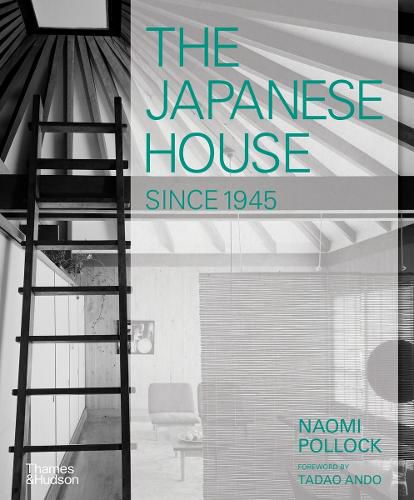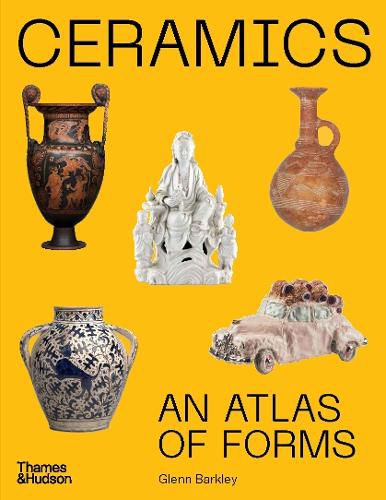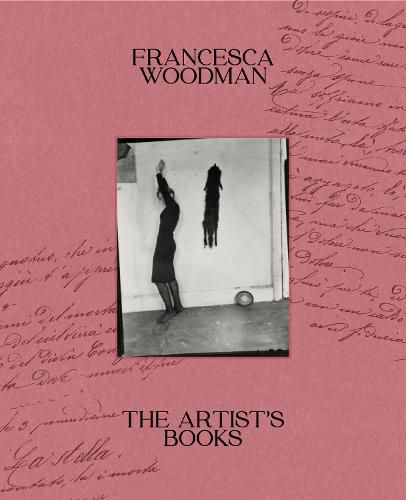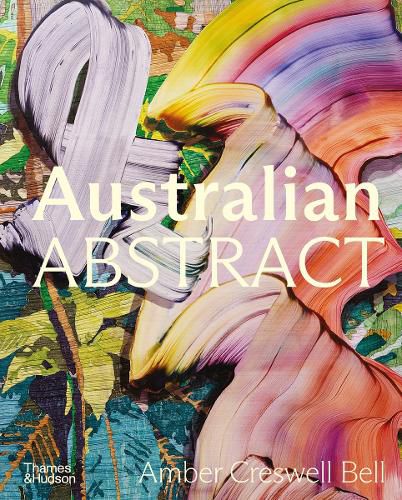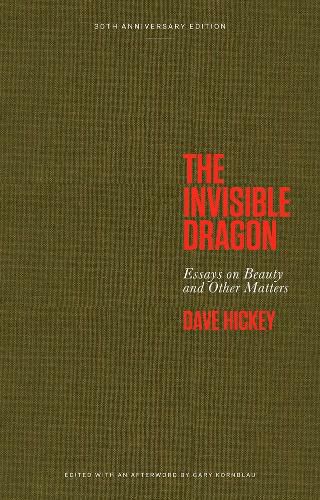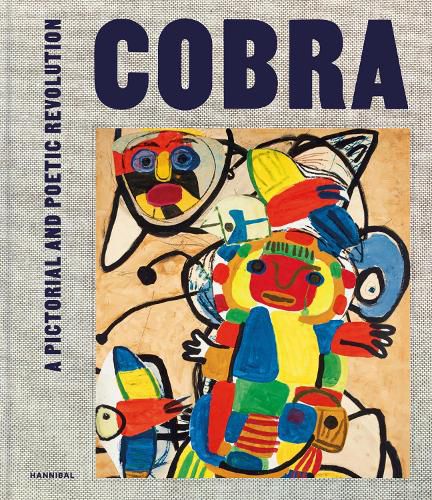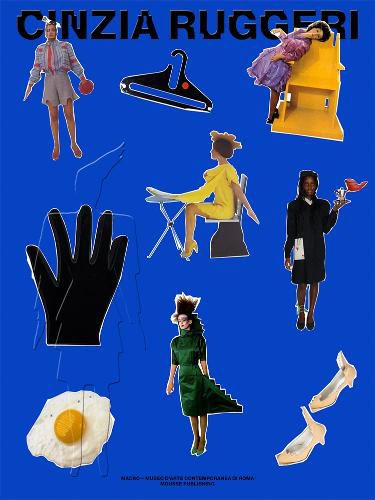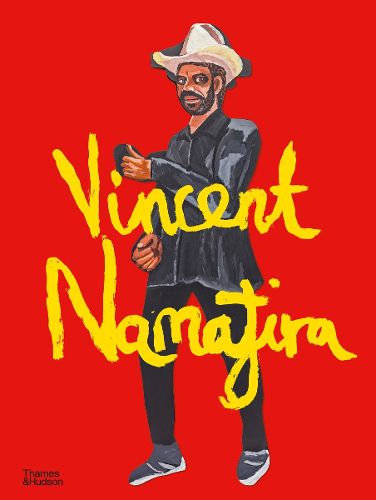We consulted our most knowledgable art & design specialists to find out exactly what the art afficionado in your life may enjoy in their stocking this year! Below are 12 recommendations that include books on art, design, architecture and fashion.
The Japanese House Since 1945 by Naomi Pollock
Imagine a terraced house whose courtyard separates the kitchen from the bedroom. Or a tiny, triangular tower of rooms stacked one above another. Quirky, experimental and utterly fascinating, the houses produced in Japan since the end of the Second World War are among the most exceptional in the world. The Japanese House Since 1945 is a cohesive chronology of the most compelling architect-designed Japanese homes, showing developments in form, material, architectural expression and family living over almost eight decades.
Unparallelled in their conceptual purity, many Japanese houses have become icons at home as well as abroad. Presented with clear prose and accompanied by compelling photographs and drawings, this book features 97 houses, divided among nine chapters and organized by decade.
Ceramics: An Atlas of Forms by Glenn Barkley
What can we learn about the Roman empire from an amphora made in 200 BC? How can a simple, unadorned cup made in 1945 tell us so much about history? And what will an artwork comprising a vast collection of clay spheres tell our descendants about the act of making?
Once fired, clay has the strength to last for millennia. Practical uses aside, ceramic objects are a testament to the power and innovation of ancient and ongoing cultural traditions. Ceramics: An Atlas of Forms is a global cultural study through the lens of ceramics honouring the artists who have left their mark on this timeless practice.
Digesting Metabolism: Artificial Land in Japan 1954–2202 by Casey Mack
A group of Japanese architects calling themselves Metabolists first appeared together in 1960 at the World Design Conference in Tokyo. This impressive illustrated volume is the first to focus on the Metabolists’s built designs for housing, which they regarded as living organisms, not static monuments.
Inspired by Le Corbusier’s concept of artificial land, their housing encouraged individual and collective forces to collaborate in the creation of the living environment. They produced buildings made of modular, flexible, and dynamic units that can be randomly expanded, redesigned, and adjusted to meet every expectation.
The Artist’s Books by Francesca Woodman
While Francesca Woodman's photographic work has been widely celebrated, little has been published until now about her remarkable series of artist's books. The basis of these works is in books that Woodman bought in local shops and flea markets throughout her travels in Italy in the 1970s, which she later repurposed to provide intriguing backgrounds onto which she pasted her print, transparencies, and written annotations. Collected together for the first time, these books demonstrate a sophisticated relationship to narrative and sequence and offer a new understanding of the scope of Woodman's engagement with the book form.
Australian Abstract by Amber Creswell Bell
There is no single definition of abstract art. It makes no attempt to represent reality; instead it has its own visual language using shape, colour and form with no rules. An explosion of creative expression and gestural force, Australian Abstract explores the constantly evolving genre and how it offers unparalleled artistic freedom, inviting deeply personal connection and interpretation from both artist and viewer. Works often straddle a mid-point between recognition and the sensed experience through the materiality of paint encompassing a pastiche of styles. Drawing on extensive interviews Amber Creswell Bell examines the diverse practices of more than forty contemporary abstract painters, documenting a repertoire of styles, subjects, visions and philosophies.
Iwantja by Iwantja Artists
Located on a small ridge at the edge of the Indulkana Ranges, approximately 575 kilometres south of Alice Springs, Iwantja Arts art centre is home to some of Australia's most exciting Indigenous art. The art centre was founded in the 1980s when many Aboriginal communities were fighting for land rights. It was during this time that now senior artists campaigned to both establish an art centre in their community and for the 1981 APY Land Rights Act.
As intended, the art centre is now a bustling intergenerational hub of the community where everyone shares stories, creates art and connects with their long-standing culture. Senior artists, such as original centre co-founder Alec Baker, paint alongside budding artists as well as award-winners like Vincent Namatjira, Betty Muffler and Kaylene Whiskey. Told through the artists' own words, this searing bilingual publication charts the history of Indulkana from being one of the first pastoral leases in the region to the culturally rich creative hub it is today.
The Invisible Dragon by Dave Hickey
An expanded edition of Dave Hickey's controversial and exquisitely written apologia for beauty. Championed by artists, reviled by art critics, and as powerful as ever 30 years on this anniversary edition brings back into print Dragon's four essays on beauty and commingles them with newly discovered essays by the MacArthur Foundation 'genius'. Art by Caravaggio, Bellini, Velazquez, Raphael, Warhol and Mapplethorpe is complemented by Hickey's tributes to Dolly Parton and Richard Pryor, outing of John Rechy's gay novel Numbers, essays on the art of writing and witty analysis of paintings by Ed Ruscha.
Cobra: A Pictorial and Poetic Revolution by Piet Thomas
A magnificent introduction to the Cobra art movement. With French as its working language, Cobra was pretty much the last truly European movement within Modernism. The group's anarchic story is not just an important strand in art history – it remains as lively as ever and has inspired all sorts of artists who were never directly involved with Cobra.
Cinzia Ruggeri – Cinzia Says edited by Luca Lo Pinto
From clothing and accessories to furniture and lighting – as well as sculptural installations often including these objects – Cinzia Ruggeri created worlds that were continually imaginative, provocative, elegant and unpredictable. Ruggeri founded her own fashion line in 1977 and immediately became known for her use of architecture and geometry, such as the ziggurat and representations of the shape of Italy.
During her lifetime she also worked and collaborated with Brian Eno, Occhiomagico, Alessandro Mendini, Casa Vogue, Maison Carven and Studio Alchimia. This catalog offers the most complete overview of Ruggeri's career.
The Other Side: A Journey into Women, Art and the Spirit World by Jennifer Higgie
It’s not so long ago that a woman’s expressed interest in other realms would have ruined her reputation, or even killed her. And yet spiritualism, in various incarnations, has influenced numerous men without repercussion. The fact that so many radical women artists of their generation also drank deeply from the same spiritual well has for too long been sorely neglected.
In The Other Side, we explore the lives and work of a group of extraordinary women. While the individual work of these artists is unique, the women loosely shared the same goal: to communicate with, and learn from, other dimensions.
Joan Didion: What She Means by Joan Didion, edited by Hilton Als & Connie Butler
Writer and curator Hilton Als creates a mosaic that explores Joan Didion’s life and work and the feeling each generates in her admirers, detractors and critics. Arranged chronologically, the book highlights Didion’s fascination with the two coasts that made her.
The book includes 50 artists with works in all mediums including painting, ephemera, photography, sculpture, video and film. Also included are three previously uncollected texts by Didion: In Praise of Unhung Wreaths and Love (1969); a much-excerpted 1975 commencement address at UC Riverside; and The Year of Hoping for Stage Magic (2007).
Vincent Namatjira by Vincent Namatjira
Vincent Namatjira is an astute observer of life, of power, of popular culture. To be in the presence of a Vincent Namatjira painting is like being on the edge of a portal into another world. From the first page of this monograph, Vincent takes us on a journey through his artwork, contextualising his iconic series on Indigenous soldiers, Indigenous leaders, power and the Royal Family, giving us an insight into his world view.


